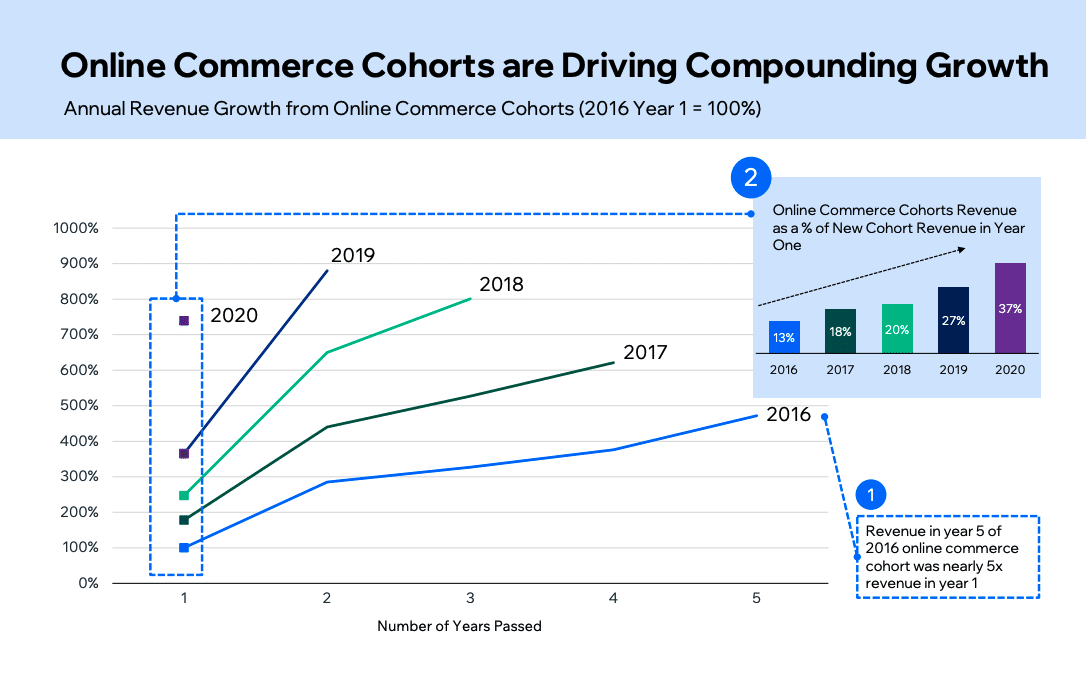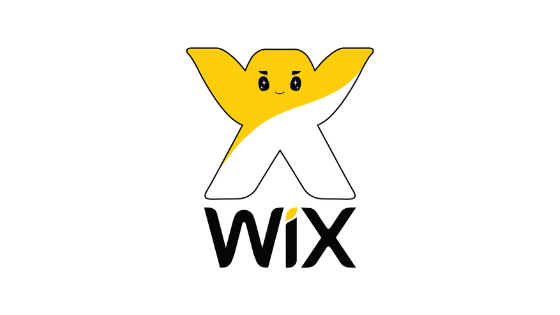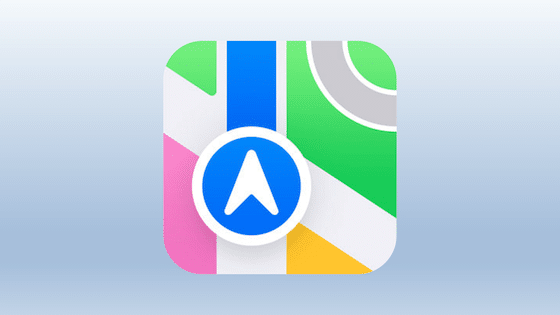The pandemic has been tough on many businesses over the past year. Hotels, airlines, restaurants, gyms. Digital presence providers are not among those negatively impacted by COVID, as Wix’s 2020 earnings report attests.
For the full year 2020, Wix generated $988.8 million in revenues, an impressive 30% year over year growth rate. Other 2020 milestones include adding 31 million new registered users, one million net new subscribers, and surpassing $1 billion in collections. Wix came in at the higher end or exceeded analyst predictions across its KPIs. For example, analysts predicted a $0.07 per share Q4 loss. And Wix produced a $0.03 loss instead. According to Nasdaq, Wix has twice over the last four quarters surpassed consensus EPS estimates.
The results were strong enough to elicit some bold predictions from Wix’s co-founder and CEO.
“It is clear that we can now become a dominant player on the internet, and I expect us to strengthen this position significantly over the coming decade. Wix will now strive to become the main engine of the internet, democratizing access and providing a place where the majority of people will build their web presence. My goal and belief is that at this rate of growth, in the next five to seven years, 50% of anything new built on the internet will be done on Wix,” said Wix Co-founder and CEO Avishai Abrahami.
The eCommerce Effect
One of the more interesting subplots from the earnings report is the impact the explosion in eCommerce is having on Wix’s financial performance and future outlook.
Overall, U.S. eCommerce sales grew 44% in 2020. That an astounding growth rate that propelled online retail’s share of total retail to 21.3% last year, from 15.8% in 2019. That’s a near 3X jump in share growth over the previous year.
As the chart below explains, this pandemic-induced eCommerce explosion has driven more of Wix’s customer base to sell online. And customers engaging in eCommerce perform better for Wix, with more robust revenue growth and higher retention. So by year five, an eCommerce customer acquired in 2016 has generated 5X more revenue than in year one.

Lior Shemesh, CFO of Wix, said in the earnings release that the company is investing accordingly. “The demand for a web presence is higher than ever before. As such, we are investing heavily in our business and in new products. Most notably Wix Payments as online commerce businesses continue to come to Wix.”
Wix was quick to jump on the eCommerce boom last year. The company rolled out an expanded eCommerce toolkit in June, with Wix Payments as the centerpiece. In addition to the new native payments solution, Wix added customizable branded storefronts, plus easier shipping and fulfillment.
Making its Presence Felt in Local
Over the past year, Wix has been an aggressive player in the small business space. The company has scooped up some of the best-known business development talent in the industry. Some of the notable names joining Wix in the past year include Paul Donlan, Ced Simpson, Danny Hen, Guy Karolizki (via the Websplanet acquisition), and many others.
No doubt the rest of the SMB site builder community has taken notice and is figuring out the moves it needs to make to counter Wix. We expect the competitive intensity will accelerate in 2021.




